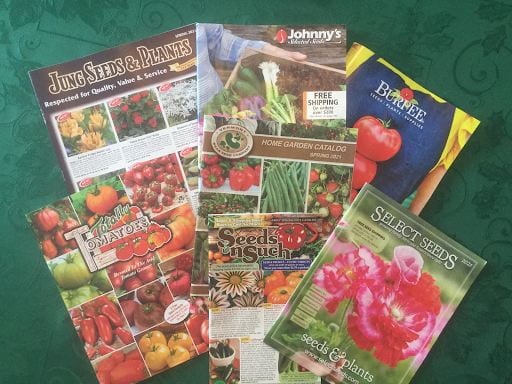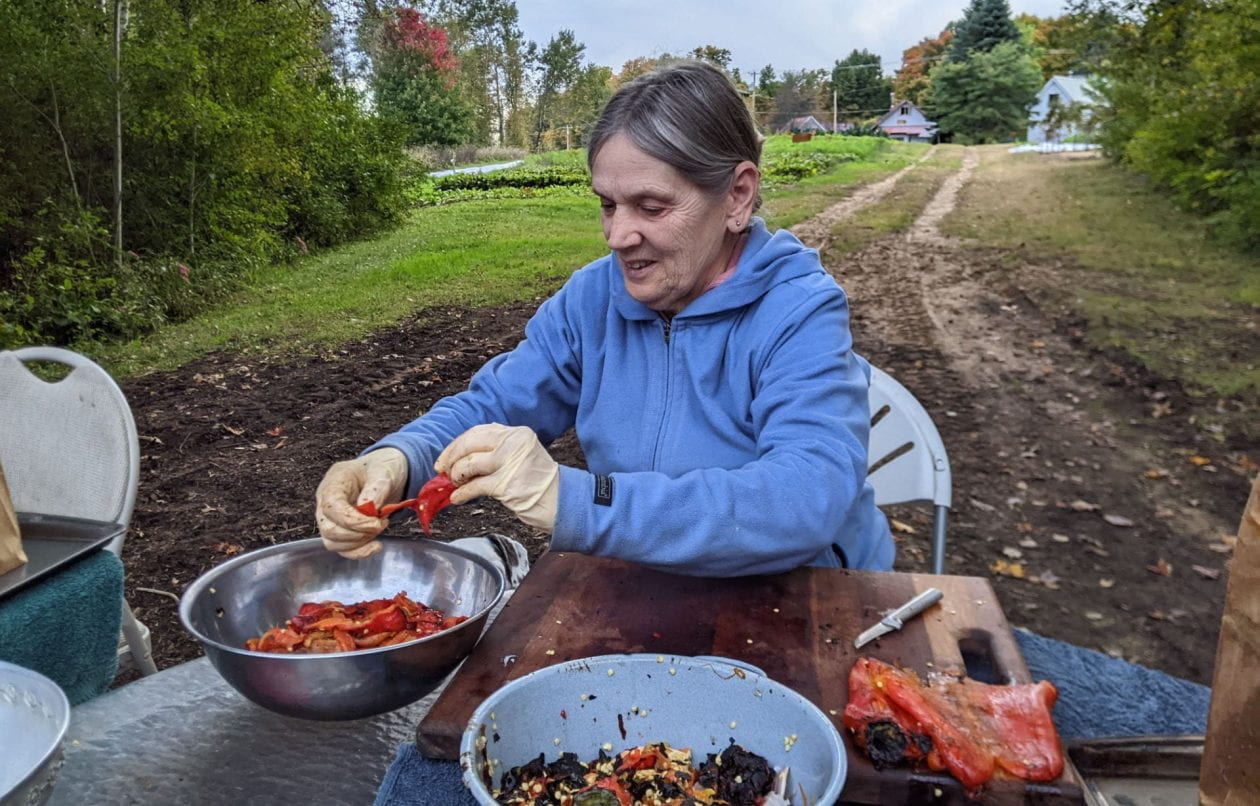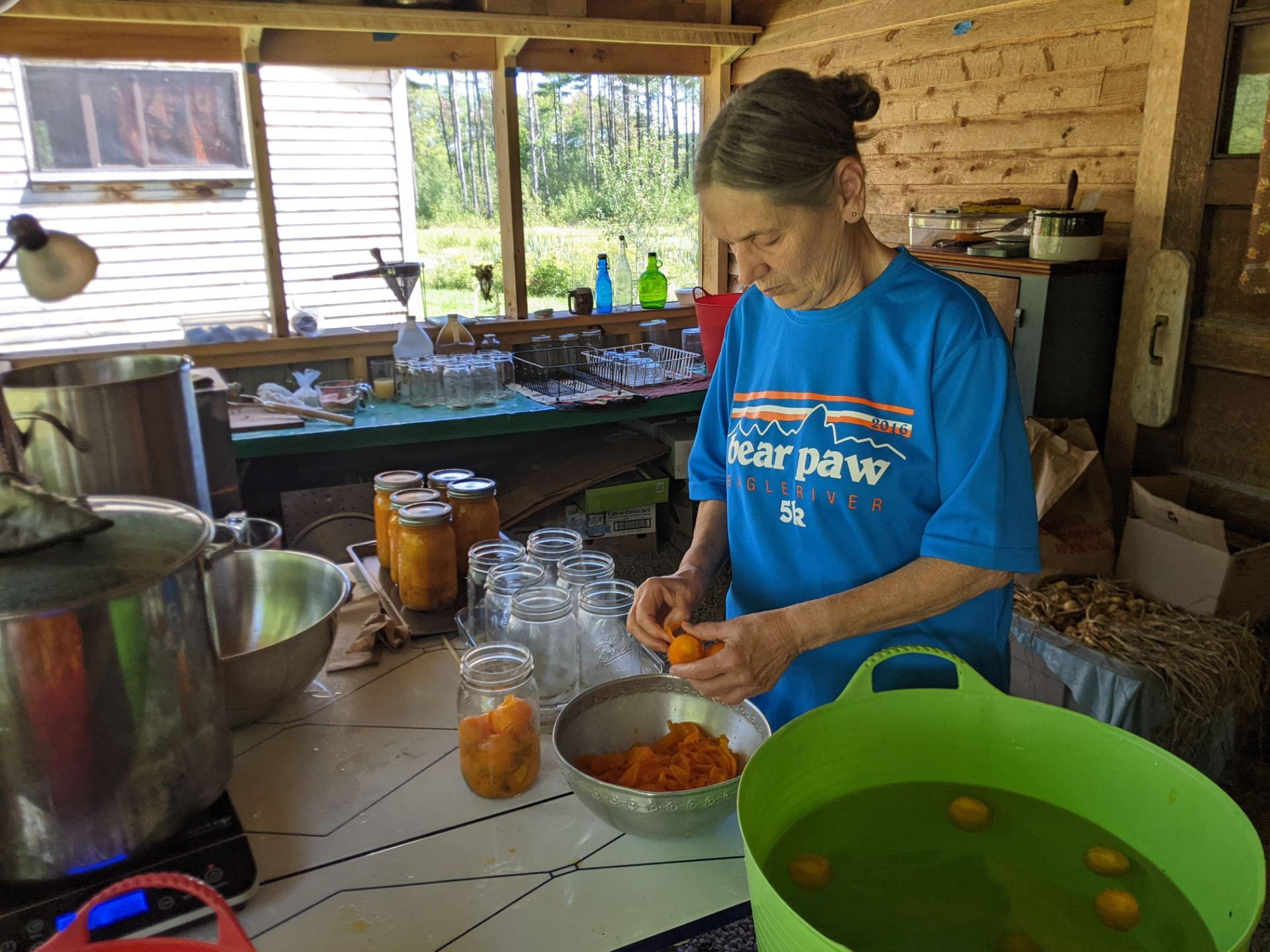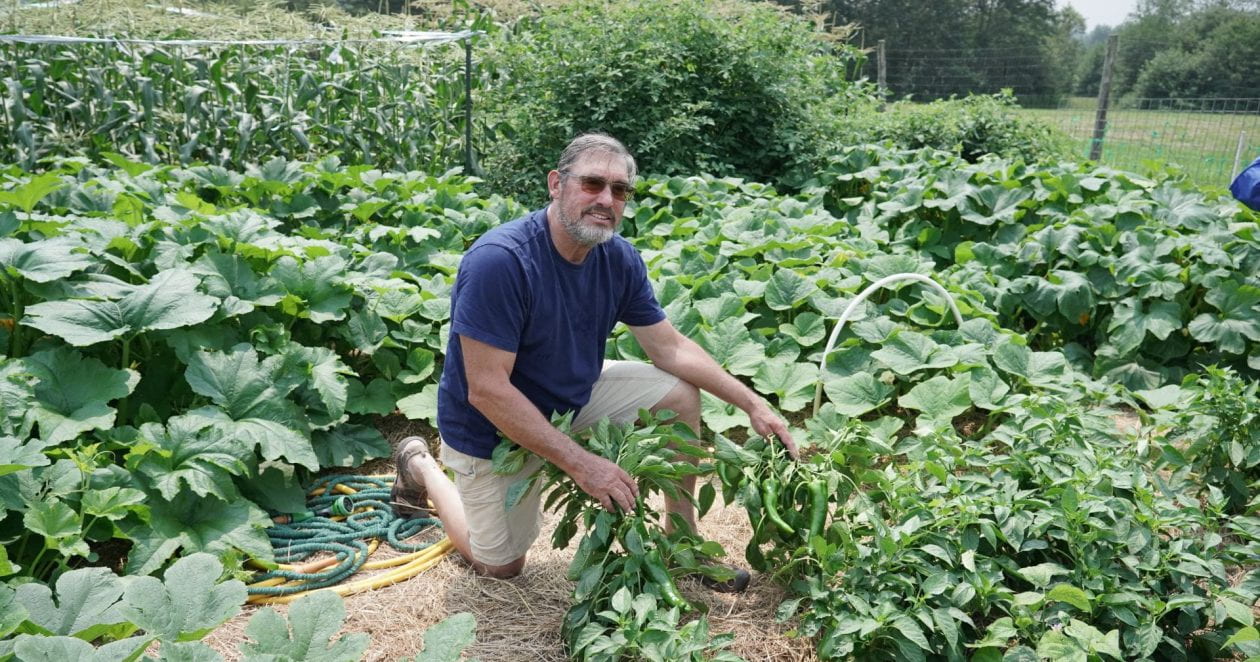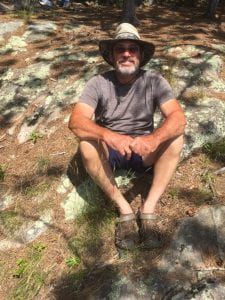Winter is a quiet time for most gardeners. Time to review the past year’s garden successes (and failures), and to begin planning for next year’s garden… and of course to order new seeds. Many gardeners eagerly anticipate getting the first garden seed catalogs, and by now many have arrived in my mailbox.
Seed catalogs are much more than just pretty pictures of great fruits and vegetables or a source of garden tools and supplies. Within their pages can be found a whole host of information on each plant variety. The descriptions cover many useful topics, from disease resistance, to how to match particular vegetables to the soils of your garden, to the size of the fruit and the plant’s growth habit, and much, much more. A couple of examples from my own garden will explain what I mean.
I love winter squash, particularly butternut squash, but for years my success with it was hit-and-miss. What I observed from years of gardening is that if powdery mildew got into my squash and pumpkins early, I would go on to have a very poor crop, whereas if the powdery mildew showed up later in the summer, I ended up with a much better crop. Looking through a Johnny’s Selected Seeds catalog, I noticed they were offering a hybrid butternut squash called Metro PMR (F1) Butternut Squash – PMR standing for Powdery Mildew Resistant. Since switching to this seed three years ago, I’ve had consistently good crops. This past growing season my pumpkins and acorn squash were hit hard by powdery mildew, but my PMR butternut squash plants growing right next to the pumpkins continued to flourish and produced a nice crop.
Carrots are also a mainstay in my garden. Gardeners with clay-ey soils like mine will have a hard time growing most carrots, but reviewing seed catalog information helped me match varieties to the particular soil type in my garden – in this case Chantenays and Nantes, which do well in heavy soils.
If you don’t like to grow carrots because of the small seed size and the need to thin them during the summer, seed producers have made a simple innovation that you should try. Pelleted carrot seed, is covered with a clay like substance that dissolves when planted. The little round seed pellets are easier to handle and space accurately, even by children, eliminating the need to thin the carrots later. Read more Time To Order Your Seeds!
